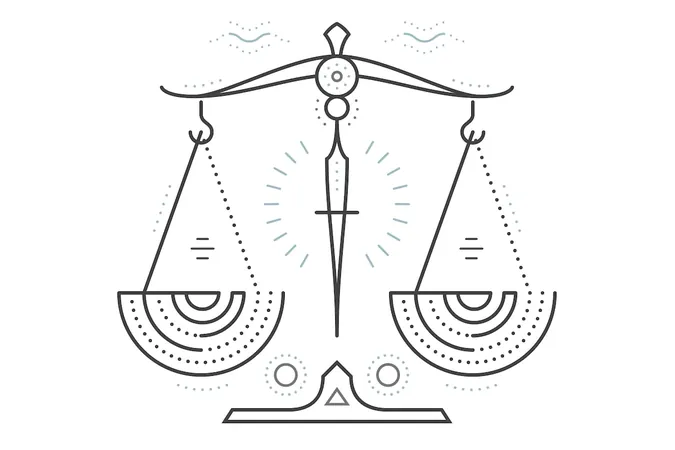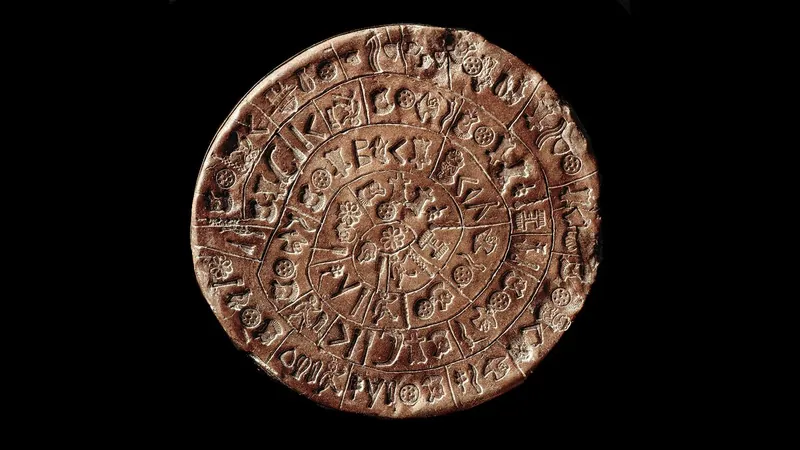
Cultural Appropriation Sparks Heated Debate on Canadian Reality Show “Dragons’ Den”
2024-10-14
Author: Lok
A recent episode of CBC’s "Dragons’ Den" ignited controversy for a Canadian bubble tea company, Bobba, after actor and Marvel superhero Simu Liu confronted its founders regarding issues of cultural appropriation.
Bobba, a Quebec-based brand, appeared on the popular reality show seeking investment to expand their business centered around bubble tea, a beloved Taiwanese drink known for its chewy tapioca pearls. The drink has exploded in popularity across North America, raising its profile and prompting various interpretations.
However, the tensions were palpable during the pitch when founder Jess Frenette referred to bubble tea as a “trendy, sugary drink” while implying that many consumers lacked a clear understanding of its contents. Liu interjected, expressing annoyance by asserting, "I am quite sure about its content, but continue." This comment set the stage for an intense discussion about the cultural significance of bubble tea.
As Fiset pitched their product as a reimagined version of traditional bubble tea—which they claimed was a “healthier ready-to-drink experience”—Liu took serious issue with the phrasing. He challenged their claim of “disturbing” the bubble tea market, stating, "There’s an issue of taking something that’s very distinctly Asian in its identity and ‘making it better,’ which I have an issue with."
When Liu probed about Asian representation within their staff, Frenette and Fiset responded that their recipes are created by their “best partner” in Taiwan, with flavors crafted in Canada. Nevertheless, Liu declined to invest, emphasizing that he wanted to support minority entrepreneurs, and expressed concern over uplifting a business that could profit from what he sees as a misappropriation of his cultural heritage.
The fallout from the episode saw Liu advocate against the harassment directed towards Fiset and Frenette, describing on TikTok how he believed they participated in the show with good intentions. He stressed that disagreements should not translate into personal attacks, highlighting the importance of respectful discourse in discussing cultural issues.
Bobba subsequently issued an apology acknowledging Liu's valid points about cultural appropriation. They committed to reevaluating their branding to ensure it resonates respectfully with the origins of bubble tea. This acknowledgement marks a pivotal moment for the company, and they intend to work on a more accurate representation of their Taiwanese partnerships.
As the dust settled, investor Manjit Minhas, who initially backed Bobba on the show, withdrew her investment after reconsideration and taking into account public sentiments. Minhas noted that she initially saw potential in reimagining traditional products but chose to stop following the backlash.
"Dragons' Den," which has aired for 19 seasons and is modeled after a Japanese show that began in 2001, continues to spark pertinent discussions about cultural references and innovations in business, revealing the complexities of cultural ownership in a globalized marketplace. The controversy surrounding Bobba serves as a reminder of the importance of sensitivity and respect when engaging with cultural products.
As the debate continues, it prompts consumers and entrepreneurs alike to reflect on their roles in the larger narrative of cultural appreciation versus appropriation.



 Brasil (PT)
Brasil (PT)
 Canada (EN)
Canada (EN)
 Chile (ES)
Chile (ES)
 España (ES)
España (ES)
 France (FR)
France (FR)
 Hong Kong (EN)
Hong Kong (EN)
 Italia (IT)
Italia (IT)
 日本 (JA)
日本 (JA)
 Magyarország (HU)
Magyarország (HU)
 Norge (NO)
Norge (NO)
 Polska (PL)
Polska (PL)
 Schweiz (DE)
Schweiz (DE)
 Singapore (EN)
Singapore (EN)
 Sverige (SV)
Sverige (SV)
 Suomi (FI)
Suomi (FI)
 Türkiye (TR)
Türkiye (TR)